The National Institution for Transforming India policy commission (NITI Aayog), the nation’s highest planning body, has proposed bans on non-electric vehicle sales in India as early as 2025.
That deadline would apply to two and three-wheelers with an engine capacity of up to 150cc with the commission suggesting non-electric car sales be banned from 2030.
In a cabinet proposal, NITI Aayog also recommended online ride hailing services such as Uber and Lyft use only EVs by 2030, with the same applying to all vehicle fleets operated by public bodies. The thinktank also proposed an e-highways program for roads to have an overhead electricity network to enable electric trucks and buses to run on selected national routes.
According to India’s Electric Mobility Transformation: Progress to Date and Future Opportunities joint study by NITI Aayog and U.S. peer the Rocky Mountain Institute, by 2030 EVs could amount to around 80% of two-wheelers, 30% of private cars and 40% of buses.
Supportive policies
“Achieving these levels of market share by 2030 could generate cumulative savings of 846 million tons of CO2 over the total deployed vehicles’ lifetime”, the report stated.
To drive adoption of EVs, the report also suggested government departments consider policies including congestion pricing, zero-emission vehicle credits, low emission/exclusion zones and EV parking policies.
The National Electricity Mobility Mission Plan was launched in January 2013 with a target of having 6-7 million EV and hybrid vehicles on the road by next year. Almost 50,000 new vehicles are registered daily in India but hardly any are electric. There are an estimated 4 lakh electric two-wheelers and only a few thousand electric cars as EVs make up 1% of total sales.
This content is protected by copyright and may not be reused. If you want to cooperate with us and would like to reuse some of our content, please contact: editors@pv-magazine.com.
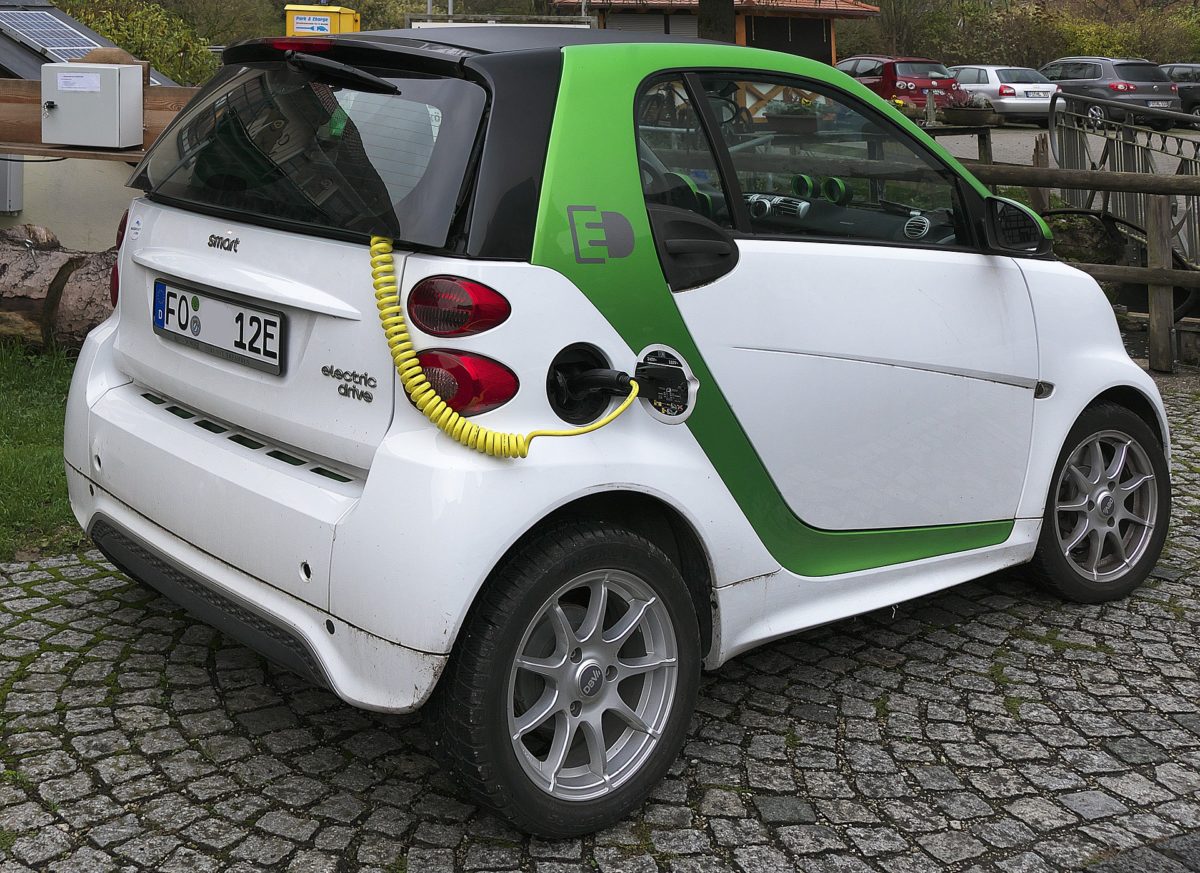
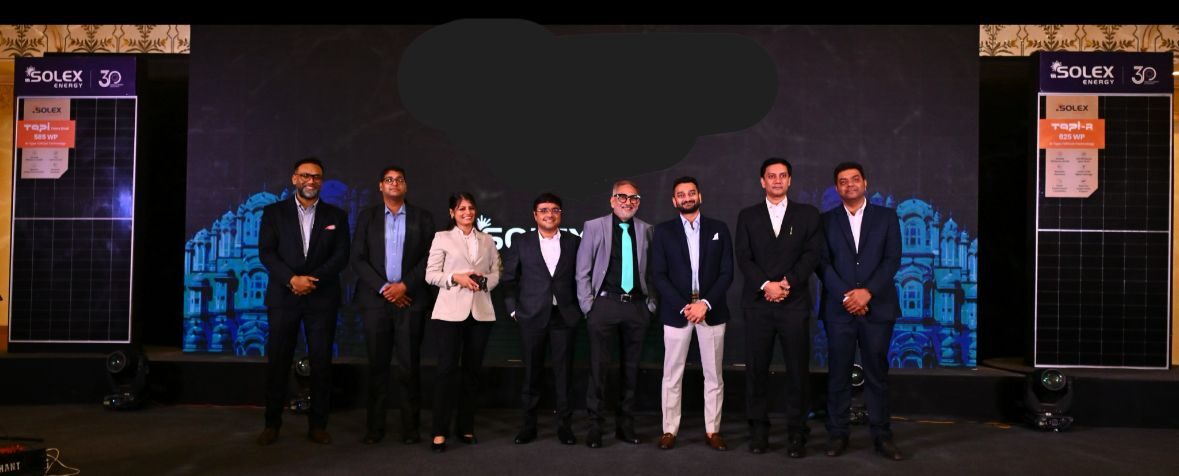

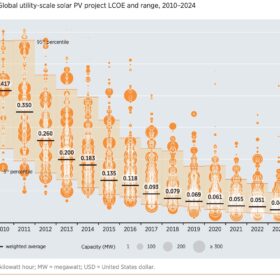

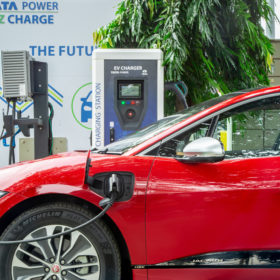
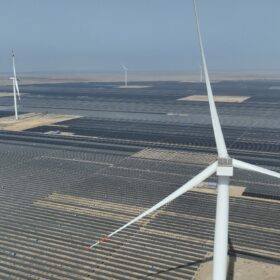

By submitting this form you agree to pv magazine using your data for the purposes of publishing your comment.
Your personal data will only be disclosed or otherwise transmitted to third parties for the purposes of spam filtering or if this is necessary for technical maintenance of the website. Any other transfer to third parties will not take place unless this is justified on the basis of applicable data protection regulations or if pv magazine is legally obliged to do so.
You may revoke this consent at any time with effect for the future, in which case your personal data will be deleted immediately. Otherwise, your data will be deleted if pv magazine has processed your request or the purpose of data storage is fulfilled.
Further information on data privacy can be found in our Data Protection Policy.